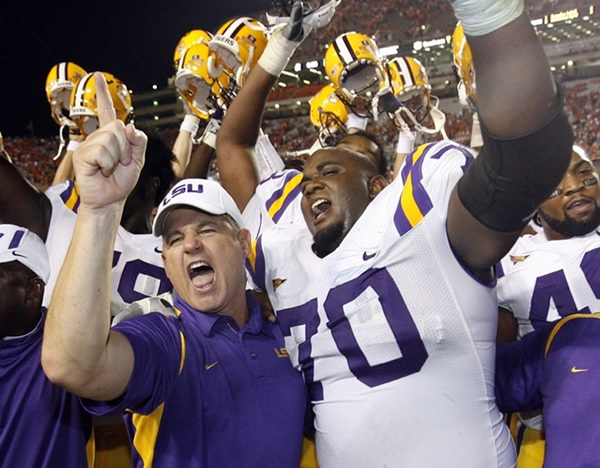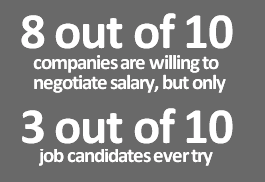#HRHappyHour Tonight - 'Sports, Labor, and Lockouts'
After a long summer break, the HR Happy Hour Show returns live tonight at 8:00PM ET, with a laser focus on the things that matter most to the world of HR, Talent, and the Workplace.
Of course I am talking about sports.
Here are the details you need to know:
HR Happy Hour 147 - 'Sports, Labor, and Lockouts'
Thursday, September 20, 2012 - 8:00PM ET
Call in on 646-378-1086
Listen to the show live at 8:00PM ET on the show page here, or using the widget player below:
Follow the backchannel on Twitter - Hashtag #HRHappyHour
This week the HR Happy Hour Show returns from a long summer hiatus, tanned, trim, and rested, and ready to once again take on the important issues facing the workplace, Human Resources, and Talent Management.
Of course that means another sports show!
Seriously though, here in the USA there are several compelling sports-themed stories that are not only impacting the sports world, but also have wider and larger implications for Talent and HR professionals in any field.
Take a quick scan of the sports news today, and you'll likely see stories on:
The NFL labor impasse with its on-field officials, which has led to a lockout, replacement (scab) officials, and a noticeable deterioration of the quality of officiating, and some would argue, the actual product.
The NHL, also stuck in a labor battle, this one pitting the league against its own players. Another lockout, another potential situation for replacement labor, or even an entire season cancellation.
A major college football power, Arkansas, that fired its former, (successful) coach after an off field scandal, only to replace him with another high-profile coach who is in the middle of a personal bankruptcy and may be coming a little unhinged.
Finally, Notre Dame absolutely embarrassing Michigan State last week.
So tonight we will open up the lines to talk sports, labor, talent, what you did all summer, and more, all in the HR Happy Hour style.
I hope you can join us as we relaunch the show tonight!

 Steve
Steve


